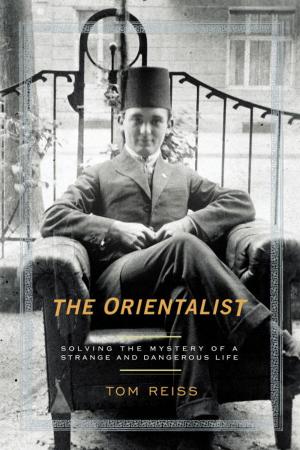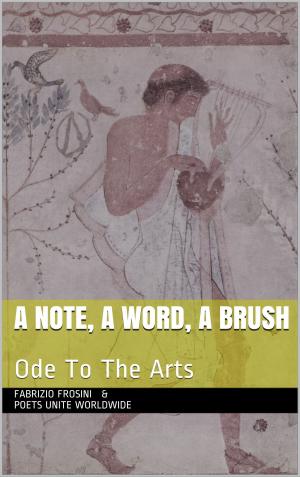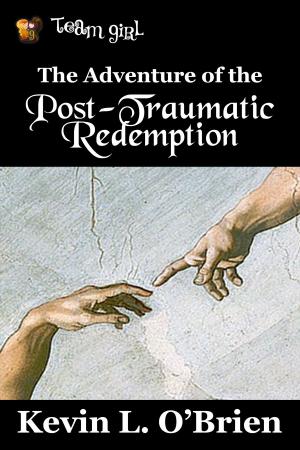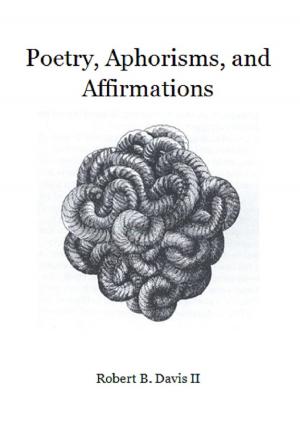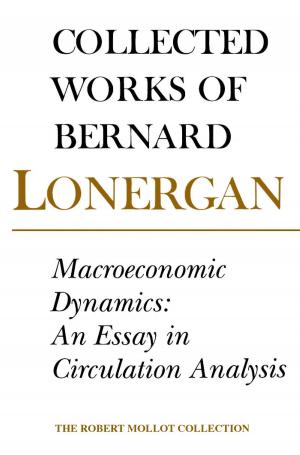The Implications Of Antonio Rosmini’s Political And Social Philosophy On Fundamental Human Rights
Fiction & Literature, Religious| Author: | Dr. Nico P Swartz | ISBN: | 9780620704441 |
| Publisher: | Dr. Nico P Swartz | Publication: | October 25, 2016 |
| Imprint: | Smashwords Edition | Language: | English |
| Author: | Dr. Nico P Swartz |
| ISBN: | 9780620704441 |
| Publisher: | Dr. Nico P Swartz |
| Publication: | October 25, 2016 |
| Imprint: | Smashwords Edition |
| Language: | English |
This book is an investigation of Antonio Rosmini-Serbati’s renditions on theology, philosophy, political philosophy and human rights. It purports to reflect the practical implications of Rosmini’s Christian views of human dignity vis-à-vis fundamental rights. This book wants to support and strengthen the notion that before we can embark on a study of fundamental rights - it is necessary to discuss the divine nature of the human soul and man as the image bearer of God. As image bearer of God, man will attract to himself the application of fundamental rights. This insight offers a starting point for Rosmini’s views on fundamental rights in civil (political) society. Rosmini’s social philosophy is inextricably linked to his theory of cosmology, ontology, anthropology and epistemology. This book reflects the Rosminian perception that only in human society can the relationship between people be judged in relation to the upholding of fundamental rights.
Rosmini explains that the application of fundamental rights be resorted to under the concept of justice and in this book he harks back in history to bring that idea across. He asserted that the non-maintenance of justice resulted in the decline of moral principles in the 17th century - man’s attention was focused on entities other than justice. Man thus fell into immorality. Anarchy arose resulting in the destruction of public order. By the end of the 18th century man attempted to redress the principle of justice. During the 19th century, people realised the importance of the principle of justice and equated it with emerging modern day fundamental rights. Rosmini says that fundamental rights can be Christian based in the sense that every person is in the image of God. Insofar as man is in the image of God, the Christian principle of love and justice apply. These Christian Scriptural prescriptions can be summarised in one thought: Do not harm your neighbour. The practical applications of these Christian principles are manifested in American judicature from which Botswana and South Africa can draw.
This book is an investigation of Antonio Rosmini-Serbati’s renditions on theology, philosophy, political philosophy and human rights. It purports to reflect the practical implications of Rosmini’s Christian views of human dignity vis-à-vis fundamental rights. This book wants to support and strengthen the notion that before we can embark on a study of fundamental rights - it is necessary to discuss the divine nature of the human soul and man as the image bearer of God. As image bearer of God, man will attract to himself the application of fundamental rights. This insight offers a starting point for Rosmini’s views on fundamental rights in civil (political) society. Rosmini’s social philosophy is inextricably linked to his theory of cosmology, ontology, anthropology and epistemology. This book reflects the Rosminian perception that only in human society can the relationship between people be judged in relation to the upholding of fundamental rights.
Rosmini explains that the application of fundamental rights be resorted to under the concept of justice and in this book he harks back in history to bring that idea across. He asserted that the non-maintenance of justice resulted in the decline of moral principles in the 17th century - man’s attention was focused on entities other than justice. Man thus fell into immorality. Anarchy arose resulting in the destruction of public order. By the end of the 18th century man attempted to redress the principle of justice. During the 19th century, people realised the importance of the principle of justice and equated it with emerging modern day fundamental rights. Rosmini says that fundamental rights can be Christian based in the sense that every person is in the image of God. Insofar as man is in the image of God, the Christian principle of love and justice apply. These Christian Scriptural prescriptions can be summarised in one thought: Do not harm your neighbour. The practical applications of these Christian principles are manifested in American judicature from which Botswana and South Africa can draw.

